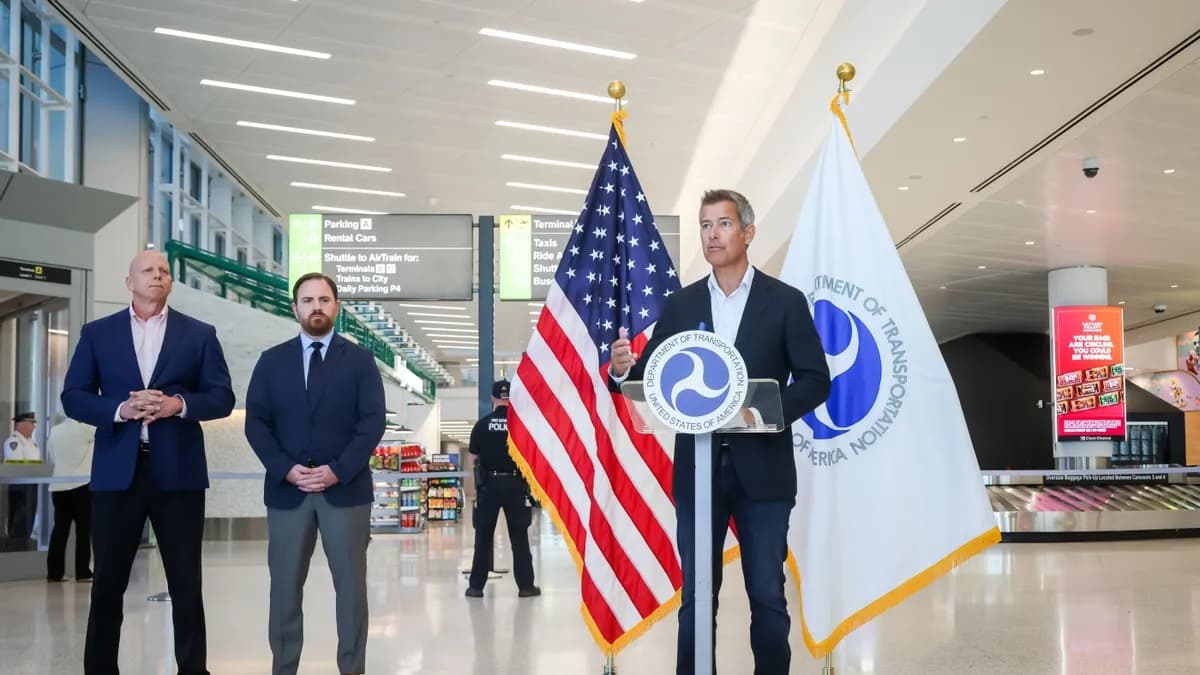Trump and New York Mayor Elect Mamdani Project Cooperation on Affordability
President Donald Trump and New York City mayor elect Zohran Mamdani met in the Oval Office in a private session that both men described as very productive. The encounter signals a pragmatic turn in federal municipal relations, with potential implications for housing, cost of living and federal support for the nation’s largest city.

President Donald Trump hosted New York City mayor elect Zohran Mamdani at the White House on November 21, in a meeting that both men characterized as conciliatory and focused on practical issues facing city residents. The Oval Office session, widely reported on November 22, marked a notable departure from months of sharp public attacks during the mayoral campaign and opened an early channel between the incoming mayor and the federal executive branch.
Trump told reporters after the meeting that it had been "very productive" and that he expected the federal government to assist the city rather than withhold resources. He praised Mamdani’s victory and said he would "feel very comfortable" living in a city governed by him, adding that "the better he does, the happier I am." Mamdani described the discussion as centered on housing affordability and household budgets, and said the exchange reflected a "shared purpose" to help New Yorkers.
The meeting carries immediate political and policy weight. For Mamdani, who campaigned on an agenda emphasizing affordable housing, tenant protections and managing the rising cost of groceries and utilities, the White House encounter offers a platform to press for federal assistance and early access to agencies that control funding streams relevant to city priorities. For the Trump administration, the public optics of bipartisan engagement with municipal leaders in a major Democratic stronghold could blunt the risk of high profile clashes and signal a more transactional approach to federal city relations.
Institutionally the session illustrates how White House outreach can shape municipal expectations and frame the early months of a new mayoral term. Federal cooperation is often crucial for large scale housing projects, emergency response and public safety initiatives. A cordial start may expedite discussions over grants, regulatory waivers and joint operations that cities typically seek from Washington. Conversely, the meeting does not resolve deeper ideological differences between a Republican president and a progressive mayor elect, and it leaves open the prospect of disputes over policing, social services and regulatory policy as Mamdani begins to implement his agenda.
Political strategists on both sides are likely to view the encounter through different lenses. For Mamdani, the White House photo opportunity may reassure moderate voters and grant him leverage in negotiating federal support. For Trump, portraying a willing engagement with an opponent projects an image of problem solving and control over federal interactions with local governments.
Coverage compiled from AFP reporting republished by NDTV noted that both men downplayed their differences during post meeting remarks. As Mamdani prepares to assume office, the practical steps that follow from the Oval Office conversation will determine whether the newfound cordiality translates into substantive federal assistance on affordability and public safety, or whether partisan tensions reemerge as policy conflicts arise.


